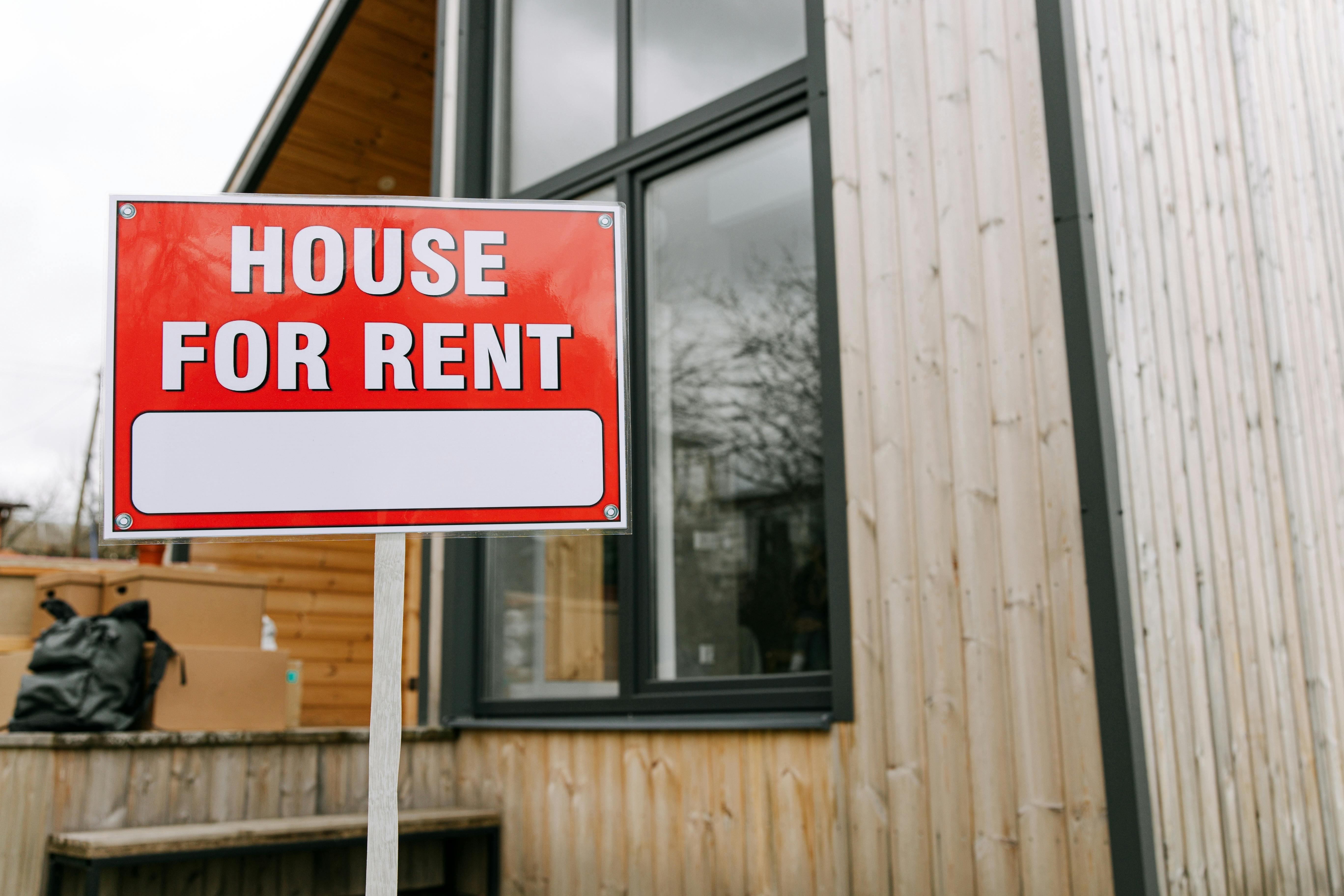
Key Takeaways:
Short-term rentals can boost profits but demand more effort: They offer flexible pricing and high returns in Dallas’s busy seasons but require frequent upkeep and compliance with strict regulations.
Long-term rentals deliver steady income with less work: They provide reliable cash flow and easier management but limit rent adjustments and may face longer vacancies.
Choose based on your goals and time commitment: Go short-term for flexibility and potential higher gains, or long-term for stability and simplicity.
Expert guidance maximizes your property’s performance: SGI Property Management Dallas helps landlords pick the best strategy and stay profitable year-round.
Ever found yourself debating whether short-term or long-term rentals would bring better returns for your Dallas property? Many landlords face this same dilemma when deciding which rental strategy aligns best with their goals and lifestyle. Both options can be profitable, but the key is understanding how each one fits your investment approach, time commitment, and local market trends.
Short-term rentals offer flexibility and higher nightly rates, while long-term leases bring stability and predictable income. In this guide, SGI Property Management Dallas helps local investors compare both paths, so you can make a confident, informed choice that works best for your property and long-term success.
Short-Term Rentals: Flexibility Meets Profit Potential
Short-term rentals offer Dallas landlords higher income opportunities, flexible scheduling, and access to a wide traveler market. However, they also demand frequent management, cleaning costs, and careful attention to local regulations.
.jpg)
Pros:
Higher Income Potential During Peak Seasons:
In a vibrant city like Dallas, short-term rentals can generate impressive income when tourism or local events bring people to the area. Landlords can adjust nightly rates to match market activity. This flexibility allows you to maximize profits when occupancy rates are high.
Greater Flexibility to Use the Property Personally:
Short-term rentals give landlords the freedom to block off dates whenever needed. Whether you want to enjoy a weekend in your own property or use it for family visits, this model offers control over availability while still keeping your investment profitable during open booking periods.
Easier to Adjust Pricing Based on Market Demand:
Short-term rentals allow you to update rates frequently. For example, Dallas property owners can increase prices during high-demand weekends or lower them during slower months to attract more guests. This dynamic pricing approach helps maintain steady occupancy and revenue balance.
Opportunity to Earn from Vacation or Business Travellers:
Dallas attracts both leisure and business travelers year-round. Hosting short-term guests lets landlords tap into a wide audience, from families visiting attractions, to professionals attending conferences. By offering a clean, well-equipped space, you can earn consistent bookings and positive reviews that enhance your property’s reputation.

Cons:
Frequent Turnover and Higher Management Workload:
Short-term rentals require more hands-on management compared to traditional leases. Cleaning, check-ins, and maintenance must be handled after every guest’s stay. For Dallas landlords juggling multiple properties, this constant upkeep can become time-consuming, unless you partner with a local property management company for support.
Increased Cleaning, Maintenance, and Furnishing Costs:
Because guests come and go frequently, short-term rentals experience more wear and tear. Regular cleaning, restocking essentials, and replacing furniture or décor add to your operating expenses. Dallas landlords should factor in these recurring costs to ensure profits remain sustainable throughout the year.
Stricter Local Regulations and Licensing Requirements:
Dallas has specific rules regarding short-term rental operations, including permits, taxes, and occupancy limits. Landlords must stay updated on these regulations to avoid fines or penalties. Complying with local policies ensures your rental business runs smoothly and remains legally compliant at all times.
Inconsistent Income During Off-Peak Months:
While short-term rentals thrive during busy seasons, Dallas landlords may experience slower booking periods in off-peak months. This unpredictability can make it harder to plan cash flow, especially if your property depends heavily on tourism or event-driven traffic. Careful budgeting becomes crucial in such cases.
Long-Term Rentals: Stability for Steady Growth
Long-term rentals provide reliable income, lower turnover, and easier management. However, they come with limited rent flexibility, potential vacancy gaps, and the need for consistent resident relationship maintenance.

Pros:
Stable and Predictable Monthly Income:
Long-term rentals provide consistent cash flow that help landlords plan their finances with confidence. Residents usually sign leases lasting six months to a year, ensuring steady rent payments regardless of market fluctuations. This reliability makes it easier to budget for maintenance, mortgage payments, and property improvements.
Less Frequent Resident Turnover:
With long-term rentals, you won’t be dealing with new move-ins every few weeks. Dallas landlords enjoy fewer vacancy periods since residents typically stay for extended terms. This reduces marketing costs, saves time on screening, and allows for a stronger, more trusting landlord-tenant relationship.
Lower Maintenance and Management Demands:
Because long-term residents treat the property as their home, there’s less daily upkeep compared to short-term rentals. Routine maintenance, such as landscaping or minor repairs, is easier to schedule. For Dallas landlords, this means less stress and fewer management hours spent coordinating frequent cleanings or turnovers.
Fewer Legal Restrictions Compared to Short-Term Stays:
Long-term rental properties in Dallas generally face simpler compliance requirements. While short-term rentals may need permits or special licensing, long-term leases follow standard housing laws. This makes it easier for landlords to operate legally and focus on maintaining a positive resident relationship instead of navigating complex regulations.
Cons:
Limited Flexibility to Adjust Rent Frequently:
One drawback of long-term rentals is that rent adjustments are bound by the lease agreement term. If Dallas market rates increase mid-year, landlords must wait until renewal to update pricing. This can temporarily limit income growth, so it’s important to set rent strategically at the start of each lease.

Longer Vacancy Periods if Residents Move Out:
When a long-term resident decides to leave, it may take time to find the right replacement. Extended vacancy means potential income gaps for landlords. Planning ahead with marketing efforts and maintaining good communication with residents helps to minimize these downtime periods.
Potential for Wear and Tear Over Extended Stays:
Even responsible residents naturally cause wear and tear over time. Flooring, paint, and fixtures may need periodic updates after long leases. Dallas landlords should include inspections and property maintenance schedules in their management plan to preserve value and keep the home in excellent condition.
More Complex Resident Relationship Management:
With long-term leases, landlords must handle ongoing communication, rent collection, and maintenance requests. Addressing concerns promptly is the key to building trust. For landlords, developing respectful, transparent relationships helps ensure resident satisfaction and encourages lease renewals for steady, long-term income.
Conclusion - Finding the Right Balance for Your Investment
Whether you lean toward the flexibility of short-term rentals or the security of long-term leases, the best choice depends on your financial goals and time commitment. SGI Property Management Dallas helps local landlords evaluate both options, guiding you through market trends, resident management, and pricing strategies. Our expert insight ensures your property performs at its best, no matter which path you take.









